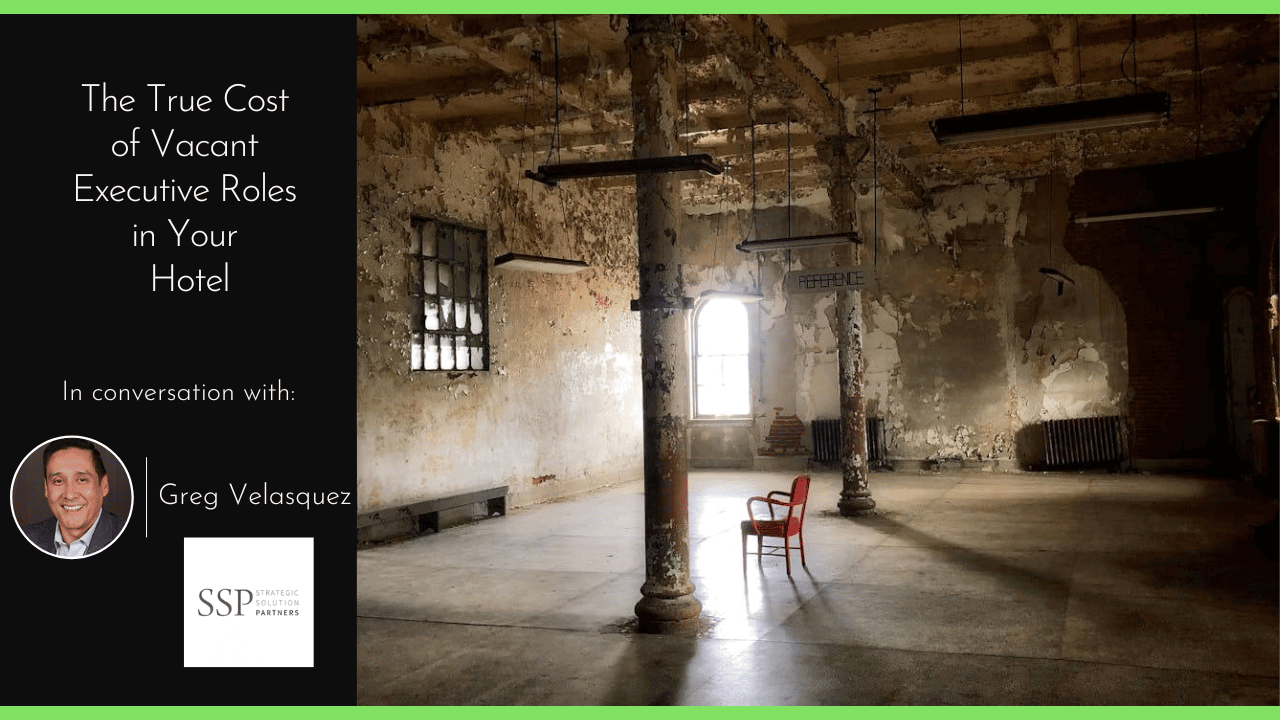
Each day, hotels across the industry put themselves at risk of losing hundreds, or even thousands of dollars… simply by doing nothing at all. These hotels, many of which are a few simple actions away from nearly doubling their pool of potential customers, fritter away opportunities because they don’t know how to address the concerns that previous guests have shared on the internet. But inaction can be changed, and new revenue streams can be opened.
To begin, hotel leaders need to understand the feedback that guests are posting online, whether the hotel is excited about that or not. There are millions of reviews written each week, and while not every review pertains to every property, nearly every hotel will receive online feedback on a regular basis.
Understanding these reviews can be tricky… it’s important to identify the tone of a review (positive, neutral or negative) along with the contents of the review (going beyond the tone to identify what’s actually being discussed). Then, over time, hotels can summarize the sentiments and their statistical relevance to truly understand what impacts their hotel the most. For example, if half of the reviews your hotel receives over a 30-day timeframe mention room cleanliness could be improved, and suddenly your room cleanliness performance drops 35%, you know right away that you need to take action.
So, once data is understood and contextualized, it must be operationalized. Identifying weaknesses in a hotel, based on guest feedback, requires a willingness of management to understand that all feedback is simply data, and data should inform decisions. It can be very difficult to accept that, for instance, an employee who’s regularly happy-go-lucky in meetings may turn off the charm in guest service settings. However, if multiple guests complain about the cleanliness of their rooms, there is likely an issue that management must address. This may be by ensuring their employees are implementing the best practices the hotel has established. It may also be changing those best practices (or changing employees if one particular person isn’t effectively completing their job).




